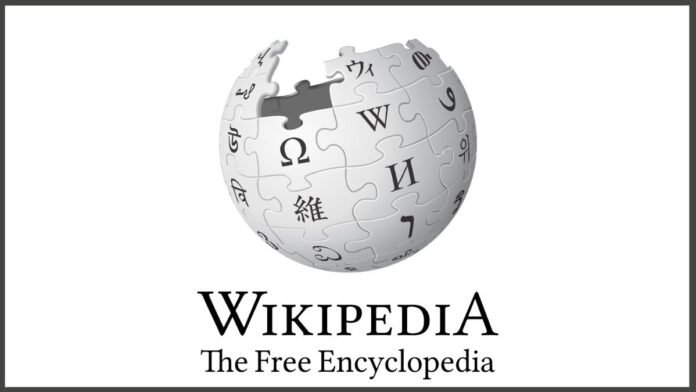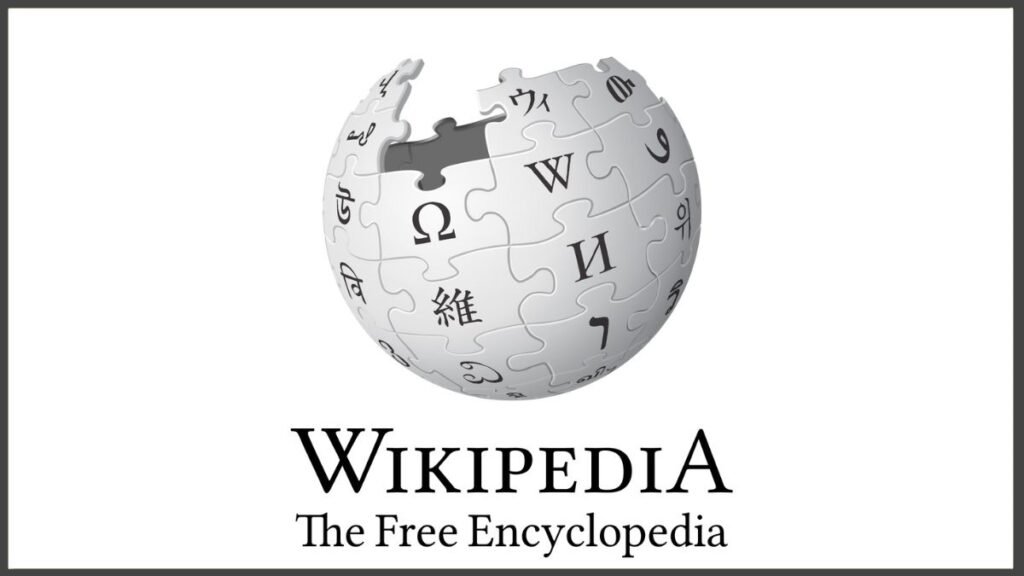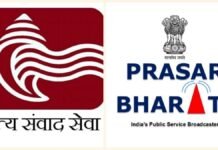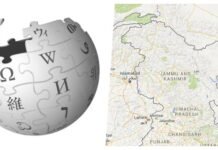
New Delhi: The Government of India has issued a formal warning to Wikipedia, raising concerns over alleged bias, inaccuracies, and editorial control on the online encyclopedia. This action follows escalating tensions due to Wikipedia’s ongoing legal dispute with Asian News International (ANI), one of India’s major news agencies. ANI has accused Wikipedia of hosting “defamatory” content, describing the agency as a “propaganda tool for the government” and a distributor of “material from fake news websites.”
The Indian government’s notice questioned Wikipedia’s handling of its editorial process, reportedly highlighting concerns that a small group exercises disproportionate editorial control over certain articles, thereby allegedly compromising neutrality. According to sources, the government is considering whether Wikipedia should be held accountable as a publisher rather than as an intermediary under Indian law. This distinction could impose stricter legal responsibilities on Wikipedia for the accuracy and neutrality of its content.
The ANI-Wikipedia Legal Clash
The legal conflict between ANI and Wikipedia escalated in September when the Delhi High Court took issue with Wikipedia’s handling of a court order. ANI filed a defamation suit against Wikipedia over the allegedly false and defamatory description, which it argued harmed its reputation. In response, the Delhi High Court issued a contempt notice to Wikipedia, emphasizing that failure to disclose the identities of the editors involved in modifying ANI’s page could have severe consequences.
In August, the court ordered Wikipedia to reveal the identities of those responsible for the controversial edits, warning that non-compliance could lead to a ban on the platform within India. Despite this directive, Wikipedia has yet to provide the requested information, leading to the court’s sharp rebuke and threats of stronger action. Frustrated with Wikipedia’s non-compliance, the court remarked that if Wikipedia could not operate in line with Indian legal expectations, the central government might be called upon to restrict its access within India.
Government’s Stand on Editorial Control and Bias
The government’s notice to Wikipedia emphasizes its concerns that biased edits and limited editorial oversight may compromise Wikipedia’s reliability. Given Wikipedia’s role as a major source of public information, India is now considering whether it should be legally classified as a publisher, which would make it directly responsible for defamatory content.

The Road Ahead: Will Wikipedia Face Restrictions?
The stakes are high for Wikipedia as it grapples with these allegations and mounting legal challenges. With the Delhi High Court’s recent warning and the government’s notice, Wikipedia could face severe operational restrictions in India if it fails to address ANI’s defamation claims and comply with Indian legal standards on content oversight.
As one of the world’s largest online encyclopedias, Wikipedia’s legal compliance in India will likely impact not only ANI’s case but also broader questions about accountability and information accuracy on global online platforms.



















































